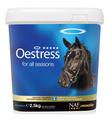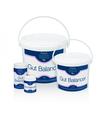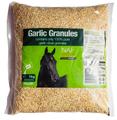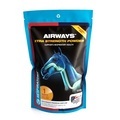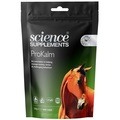We all know the principles of travelling our horses short distances – putting on travel boots, tying horses securely, hanging a hay net, making sure lorries or trailers are roadworthy, and giving the horses a smooth ride.
However, more and more horses are travelling longer distances within the UK and often abroad. The longer the distance the higher the risk to your horse. This is due to shipping fever.
Shipping fever is also known as Pleuropneumonia. It is an infection of the lungs and pleural cavity. There are a number of factors that contribute to shipping fever; firstly, the stress of travelling increases the hormone cortisol which in turn decreases the horse’s immunity and makes it more susceptible to infection.
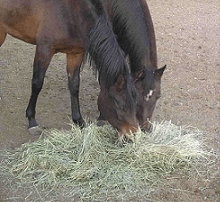 Secondly, horses are less likely to drink while travelling and can quickly become dehydrated. This has a detrimental effect on the muco-ciliary escalator in the horse’s airways that would normally help to prevent bacteria from reaching the lungs.
Secondly, horses are less likely to drink while travelling and can quickly become dehydrated. This has a detrimental effect on the muco-ciliary escalator in the horse’s airways that would normally help to prevent bacteria from reaching the lungs.
Horses are then tied with their heads up for long periods of time which prevents mucus and bacteria draining from the airways. If the lorry or trailer is dirty or dusty or ventilation is poor the horses will be exposed to a higher concentration of allergens and pathogens.
You can help to reduce the risk of shipping fever by stopping every 4-5 hours to allow horses to drink and lower their heads. Feeding treats such as carrots from the floor will lower a horse’s head, which in turn will help expel mucus and infectious material.
Maintaining good ventilation by opening windows and removing droppings or dirty bedding will also help, as will feeding soaked hay or haylage to reduce dust and allergens.
Clinical signs of shipping fever:
- Cough
- Pyrexia (high temperature)
- Nasal discharge
- Lethargy
- Loss of appetite
- Shallow breaths
Treatment includes antibiotics and anti-inflammatories. In more severe cases more intensive treatment such as intravenous fluids and chest drains may be required.
If you have any questions or comments on this topic, please post them below or email me directly: [email protected]
Written by: Dr. Sophie Meers BVSc MRCVS

